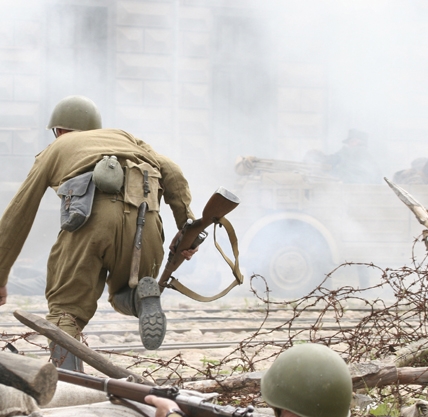
A brief summary of current research.
Ruff, R, Ruff, S, Wang, X (2009). Journal of Rehabilitation Research and Development, 46 (9), pp 1071–1084.
This study looked at 74 veterans of Operation Iraqi Freedom/Operation Enduring Freedom (OIF/OEF) who reported histories of mild traumatic brain injury from blasts. Seventy-one of these had PTSD and only five had restful sleep. Sleep hygiene counseling and use of oral prazosin reduced the number of headaches and improved both sleep and cognitive performance after an initial treatment period of nine weeks. The improvements were maintained six months later as well.

Comments (2)
Please remember, we are not able to give medical or legal advice. If you have medical concerns, please consult your doctor. All posted comments are the views and opinions of the poster only.
Anonymous replied on Permalink
Anonymous replied on Permalink